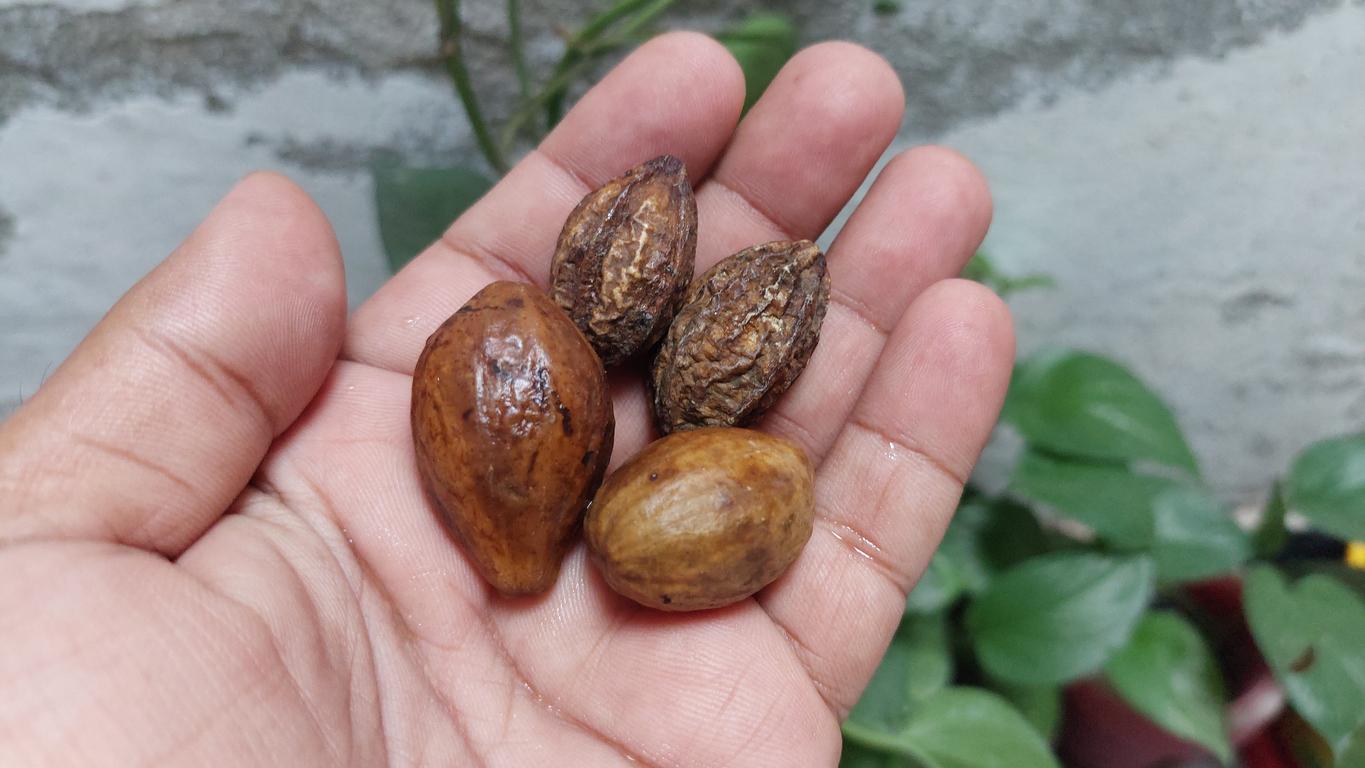Women aren’t the only ones making progesterone. This female hormone is also present in other female mammals and, more surprisingly, in certain plants. It is on plants that the University of Chicago (United States) has decided to look to find new avenues of treatment. Progesterone is indeed widely used in medicine since it partly composes the birth control pills, the morning after pills, treatments againstendometriosis and the hormone replacement therapy.
Hops, purple clover and sweet potato
The two researchers in charge of the project, Joanna Burdette and Brian Murphy, both lecturers in medical chemistry and pharmacognosy at the University of Chicago, will screen a dozen plant species potentially interesting for their progesterone content. This is for example the hop, purple clover, dogwood or even flowers of Yam.
At the moment, while scientists know that these herbs contain progesterone, they don’t know exactly how they work on female progesterone receptors. “Studies on the ability of plants to modify progesterone receptor signals are rare despite the impact this could have on women’s health“, deplores Brian Murphy in a press release from the site. EurekAlert.
Better understand the risks of interactions in herbal medicine
Another interest of this research: to better define the risks of interactions between plants and drugs and to better guide the herbal medicine. Indeed, herbal medicine is not safe, and can disrupt the body’s natural functioning, just like pharmaceutical drugs. This research should improve the safety of herbal medicine practiced in self-medication, allowing women “to understand if they are exposed to progestins alone or to a combination of molecules phytoestrogens“explains Joanne Burdette.
>> To read also:
Premenstrual syndrome: plants to rebalance the hormonal system
Painful periods, irregular cycles: 5 plants for gynecological disorders
Herbal medicine: plants to avoid absolutely
Herbal medicine: 4 plants to avoid with drugs


















